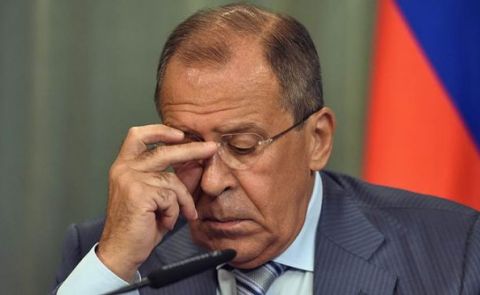
Russia Rejects Comparisons Between Armenia and Ukraine, Reaffirms Alliance
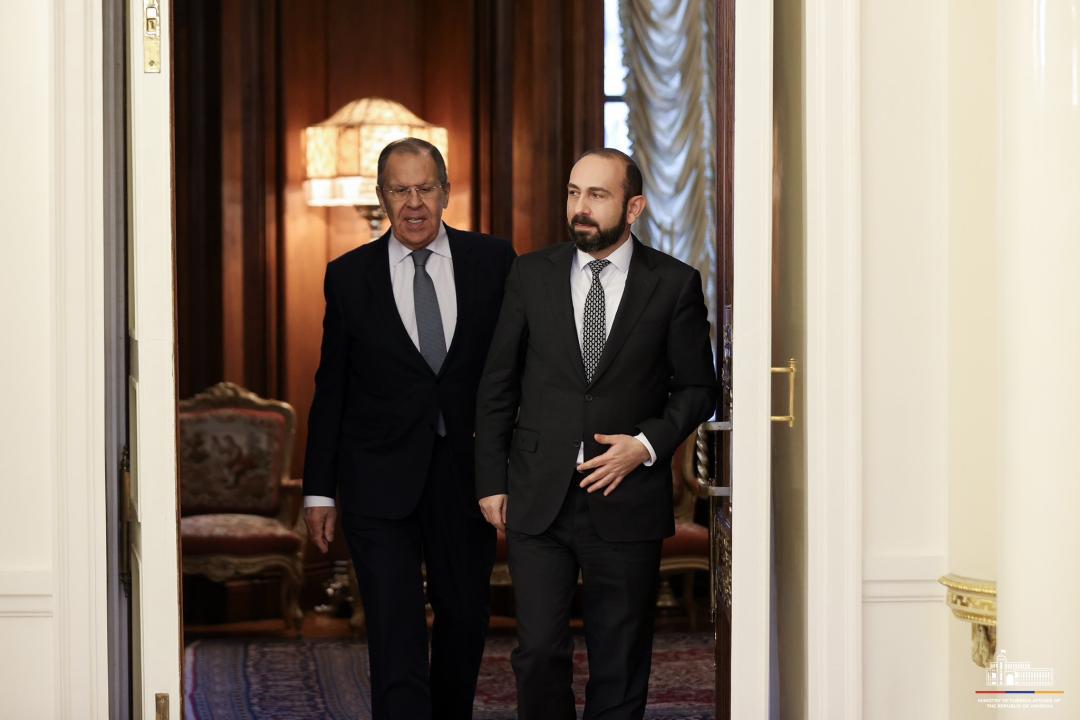
On May 21, Armenian Foreign Minister Ararat Mirzoyan hosted Russian Foreign Minister Sergey Lavrov in Yerevan during a working visit. The diplomatic engagement began with a one-on-one meeting followed by extended discussions involving both countries’ delegations.
Mirzoyan welcomed Lavrov and reaffirmed Armenia’s readiness to maintain and deepen cooperation with Russia:
“I confirm our readiness to continue effective political dialogue and mutually beneficial cooperation in line with the interests of our peoples and states.”
The ministers later held a joint press conference, during which they signed a Program of Consultations for 2025–2026 between the Armenian and Russian foreign ministries.
Lavrov reiterated Russia’s support for Armenia’s sovereignty, territorial integrity, and defense capabilities, describing these as central elements of the allied relationship:
“We continue to view the security area to be one of the most important directions of our allied ties. We are ready to support, in all possible ways, to ensure Armenia’s defense, sovereignty, and territorial integrity.”
Lavrov also revealed previously undisclosed details of a compromise proposal under the OSCE Minsk Group that could have, according to him, prevented the 2020 war. The plan involved a phased handover of five Azerbaijani districts around Nagorno-Karabakh to Baku, with Kelbajar and Lachin retained by Armenian forces during a transitional period.
In response to a question from an Armenian journalist asking whether Russia intends to “do with Armenia what it did with Ukraine,” Lavrov expressed discomfort:
“It is even inconvenient for me to answer [this question] because you do not need my answer.”
He went on to strongly reject any parallels with Ukraine, framing such comparisons as implying support for what he called the “Nazi regime” in Ukraine:
“Such wording of this question means supporting the Nazi regime.”
Lavrov stressed that Armenia remains a “friendly and civilized” country in Russia’s view:
“Armenia is our friend. It does not outlaw the Russian language, it does not deprive ethnic Russians of their legal rights.”
He then drew contrasts with Ukraine’s language laws, saying:
“Nowhere in the world, except in Ukraine, are there laws banning the language. The Azerbaijani language is not banned in Armenia. The Armenian language is not banned by the constitution in Azerbaijan. But in Ukraine, Russian is banned.”
Lavrov reaffirmed Russia’s commitment to supporting Armenia–Azerbaijan normalization based on previous trilateral agreements. He also offered Moscow’s help in unblocking transport links and assisting with border delimitation.
In response, Minister Mirzoyan addressed speculation over Armenia's strategic direction, clarifying:
“Regarding the question whether we are planning to reformat our allied relations with Russia, I’d like to give a very direct answer — no. Our obligations, rights and intentions against each other are clearly written, signed and ratified on paper, and no one has dissolved it.”
He acknowledged dissatisfaction with the CSTO’s performance in response to Azerbaijan's military attacks:
“It is known that we have frozen our participation in that organization... but I want to note that our discussions are very constructive, continual... we have healthy collegial ties and healthy collegial discussions.”
Mirzoyan concluded by distinguishing between reforming mechanisms for effectiveness and changing Armenia–Russia relations altogether. The meeting helped clarify the future trajectory of their alliance while reinforcing continued engagement on regional security.
See Also

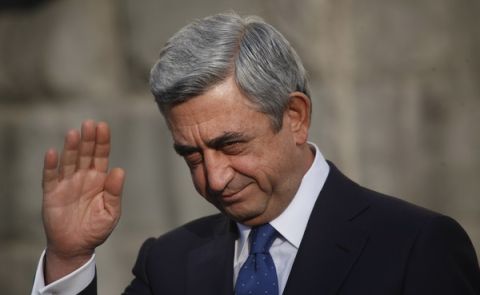
Serzh Sargsyan Rejects Charges, Backs Impeachment, and Warns of Secret Deals
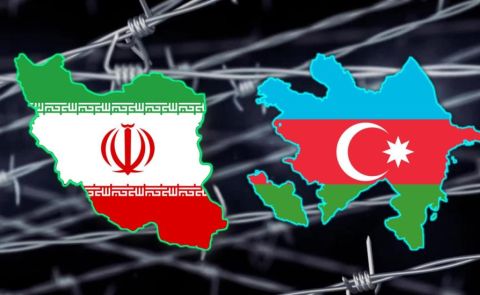
Azerbaijan Confirms Execution of Terrorist Behind Embassy Attack in Iran
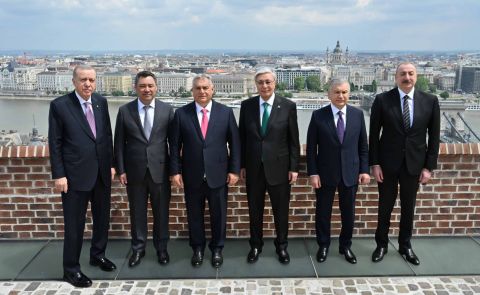
Turkic Leaders Adopt Budapest Declaration, Emphasizing Peace, Trade, and Digital Connectivity

International Officials Criticize Georgian Dream Amid Democratic Concerns

